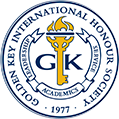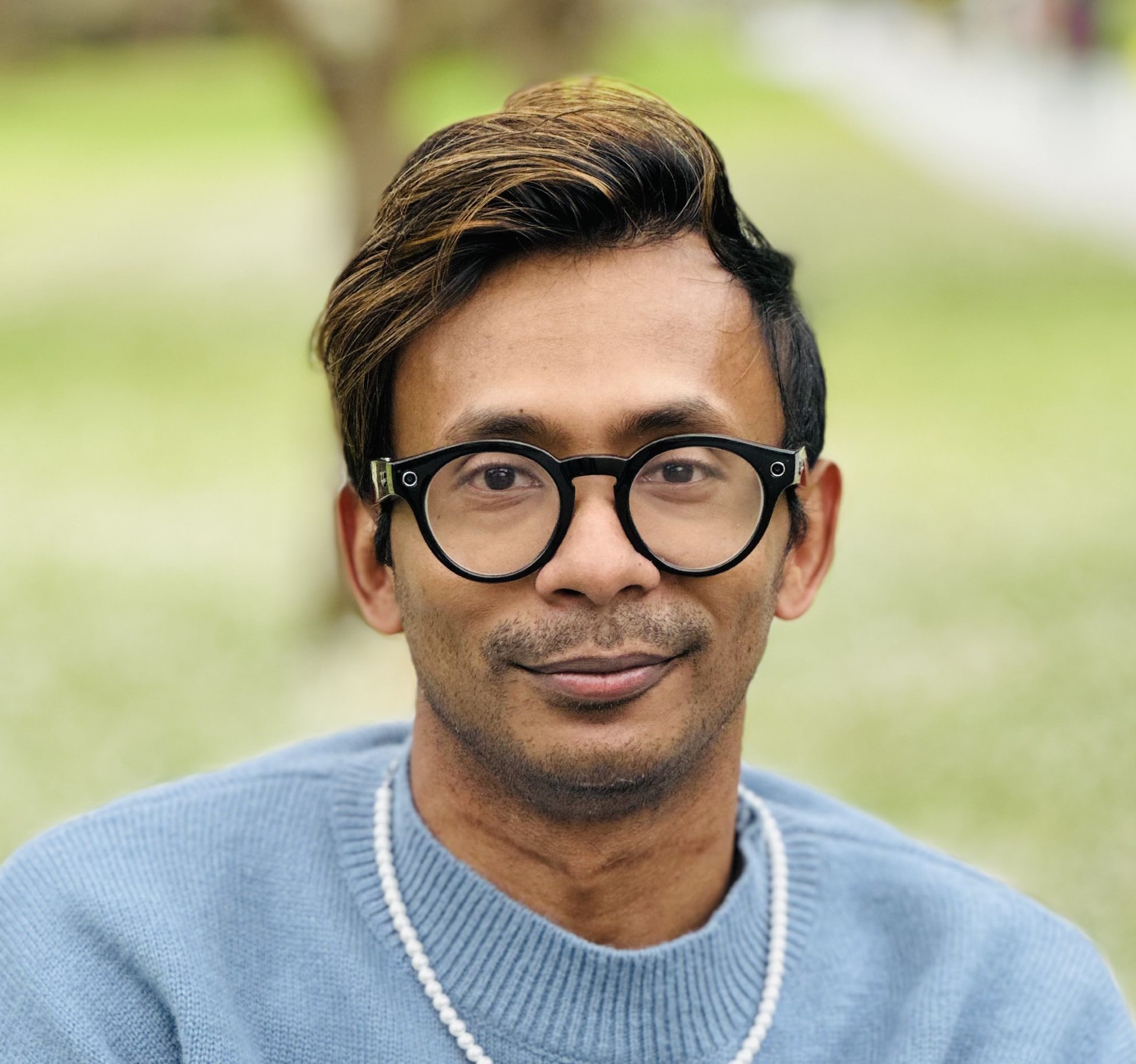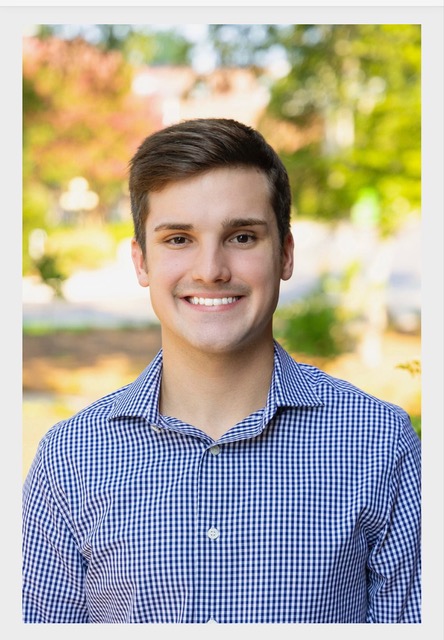Golden Key Leader Profile: Dr. Derek Swemmer, Lifelong Advocate for Students and Golden Key
We are pleased to present this profile of Dr. Derek Swemmer, a leader in education, in the life of students, in Golden Key . . . and in the public life of his homeland, South Africa.
We know you will enjoy and benefit from these excerpts of a recent exchange between him and Golden Key.

Can you tell us about your history as a leader of Golden Key?
Derek Swemmer: I became an honorary member of Golden Key in 2002, when the University of the Witwatersrand was granted a charter for a Golden Key chapter, because I had agreed to become a volunteer co-advisor to the chapter. The principal adviser was the Deputy Vice Chancellor Academic, and I then served as the Registrar. I later succeeded the DVC as the principal adviser. I served GK in this capacity at Wits until late 2010, and then became the co-advisor at the University of the Free State. I served as an adviser for 15 years. In both 2006 and 2008 I was recognized as Chapter Adviser of the year in South Africa.
In 2006 I accepted nomination and was duly elected to serve as a member of the Golden Key Board. My international perspectives probably added value and consequently led to my re-election for three full terms – a total of 10 years, which terminated in 2016. I was awarded the Golden Key International Leadership Council President’s Award, which annually recognizes one individual’s contribution to the GK Honour Society, in 2009.
I held office also as a member of the Golden Key Foundation Board for a period of three years as a nominee of the Golden Key Board. In 2015/2016, I served for a single year as the Chairperson of the Golden Key Foundation Board. I was elected chairperson of the Golden Key Board for the two-year term of office between 2013 and 2015. The vice-chairperson during this period Dr. Anita Miller and I swapped roles in our final year of service to the GK Board.
Can you tell us about where you grew up?
Derek Swemmer: I was born in Pretoria in 1951. I lived there until my mid-30s. The city is the administrative capital of South Africa and at that time, Afrikaner nationalism was at its peak. At that time the country had two official languages, namely English and Afrikaans. My home language is English but at the time the language of transaction and communication was predominantly through the medium of Afrikaans. Today South Africa has 11 official languages, but I am fluent in only two.

How did your own academic career unfold?
Derek Swemmer: I began my university career as a lecturer of English language and literature working for five years at the University of Pretoria and another five years at the University of South Africa. I then moved into administration at the University of the Witwatersrand.
I first retired from the University of the Witwatersrand (Johannesburg, South Africa in 2010), after 25 years of service – 16 years of which were in the position of University Registrar (and a member of the University’s Executive team). I then became the Registrar of the University of the Free State (Bloemfontein, South Africa) for 4 years. I retired again, this time for five months.
On April Fools’ Day, 1 April 2015, I was appointed as the CEO of the FEDSAS Institute for Public School Governance. This is a 5/8ths role. The balance of my time is taken up as a higher education consultant. In the past two years I have undertaken consultancy projects for eight Southern African universities (public and private).
The role of Registrar is something of a mix between a company secretary and an executive administrator. It was particularly challenging at Wits as throughout the second half of the 20th Century the University was opposed to the racially discriminatory policies of the political party in power. Our campus was often a hot-bed of protest. When the miracle hand-over of power to the majority of the population happened, the adoption of a progressive constitution that created the first truly democratic government led to massive legislative reform.
Universities had to adapt to a new legislative framework and comply with over 140 Acts of Parliament – 80% of which were promulgated between 1995 and 2010. It was a dynamic period for those who served as university registrars.
Where do you live now?
Derek Swemmer: I work from home which is situated in a small piece of paradise in a suburb called Kloof in Durban, South Africa – sub-tropical climate. View from our kitchen…

Are you especially involved now with any of Golden Key’s current activities?
Derek Swemmer: I continue to help when I am called upon to do so. On the weekend of 29 September to 1 October 2017, I attended the South African GK regional summit, where I ran a hands-on workshop on leadership for the participants. In August this year, the regional director of GK South Africa and I visited four universities in Botswana. This was part of an exploratory investigation to determine whether there was interest in starting Golden Key chapters, at the major public university and at three private universities. Our report will in due course serve before the board for its decision.
Earlier in the year I spent 40 minutes on the phone to a consultant who was retained to explore future strategies for GK. It was a meaningful interaction and she more than stated that she had valued the insights we shared.
I occasionally serve as a sounding board for the SA Regional Director.
And you are active in other service initiatives in South Africa as well?
Derek Swemmer: My involvement over many years in service activities has always been a major part of my life. The value systems that underpin in particular Scouts South Africa and the Girl Guides South Africa, together with my exposure to the four-way test of Rotary International, all contributed to the positive perception that I hold about the policy-driven value-based Golden Key society.
My current role in helping to uplift public school governance involves inter alia my emphasising the importance of having values that have been widely explored and then adopted as the underpinning ethos for schools. The GK pillars similarly provide the sort of foundation that young people need. By acting as a non-directive mentor in the role of chapter adviser, I found profound satisfaction from witnessing the dedication and service orientation of the new generation of leaders that become involved in Golden Key.
Can you share any stories about students who have been helped by Golden Key?
Derek Swemmer: Let me share one experience. The third president of the Wits GK Chapter was Nhlanhla “Fats” Dlamini, an intelligent, sophisticated and inspirational leader, who had been head prefect at his secondary school and who was elected from the previously disadvantaged majority group of our students. He, as did all of the presidents who served in that office in our chapter, succeeded in leading the chapter to the attainment of the sought-after Gold Standard. Two years after he graduated, he was recruited by McKinsey’s and began what I’m sure will become a stellar career. Such is his enthusiasm for GK that he managed to persuade the partners in the Johannesburg branch to become a GK sponsor, thereby enabling other young people who join GK to become potential recipients of scholarships.
How would you describe the largest benefits of being a Golden Key member?
Like any organisation the more you get involved the more you gain. There is no doubt that involvement in the chapter committees leads to special experiences and opens up processes of thought and learning that would otherwise not be possible in an ordinary academic programme. Experiences like the service activities offered through GK leave an indelible mark on the thinking of the bright young people that join.
Two years after Hurricane Katrina devastated New Orleans GK held an international summit there. Our service project was to help the elderly whose houses had been completely flooded and who had lost all of their possessions in the flooding. When they were forced to go back to their old homes which had been lifted off of their foundations and shifted by 5 to 15° by the power of the water, they were too poor to be able to recreate what they had lost. The GK participants at that summit descended upon the area in various working groups. The 600 plus students and a small number of advisers restored overgrown gardens, carried out essential maintenance inside houses, painted and rebuilt damaged parts of homes, but above all through their enthusiasm and warmth gave those left in this area a new sense of hope.
Would you encourage students to join Golden Key? What do you believe they can gain from membership?
Derek Swemmer: Yes. Membership entitles them to include the fact that they are in the top 15% of performing students in the range of degrees for which they are registered. This marks them out as potentially high performing future employees. In addition, their involvement in the activities of the GK chapters helps to imbue in them the ethos of service, the importance of leadership, and the beauty of enriching their minds through their academic excellence. There are few organisations that provide all three of these opportunities even as they network with the future leaders of the world.
Golden Key inspires people to stretch and to achieve more than they previously believed were possible. There is real joy in serving others and doing so with integrity and commitment.
Are you eligible to join Golden Key?




You must be logged in to post a comment.